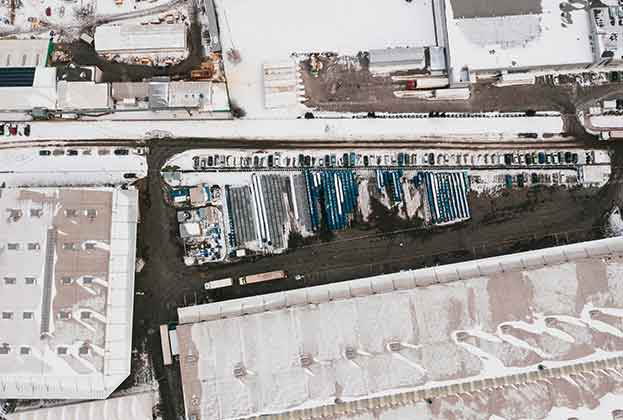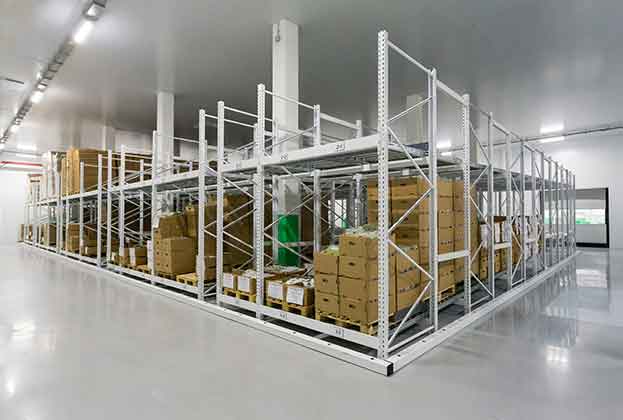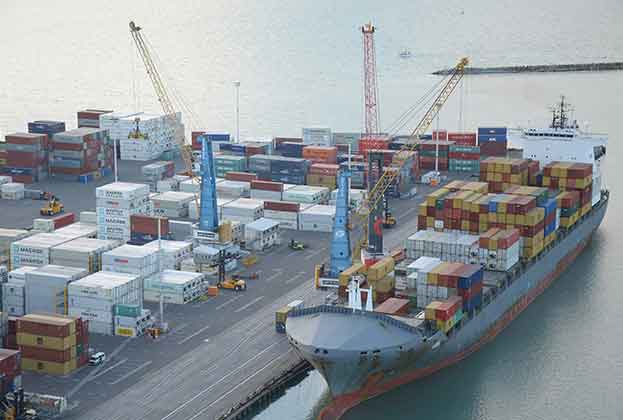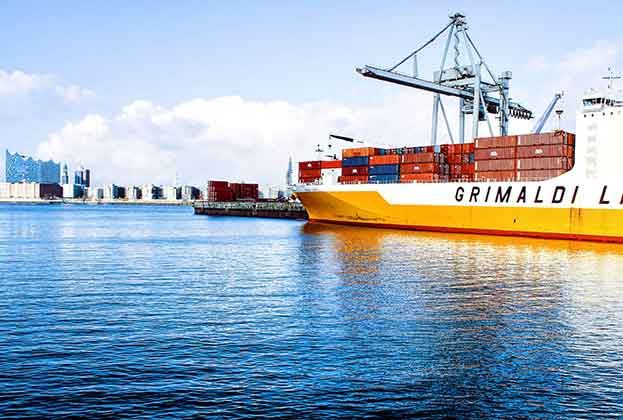When looking for a new warehouse unit, adaptability and flexibility are now more important than ever for occupiers. Technical Due Diligence (TDD) can provide advice, opinion and information in order to help make an informed real estate decision that both meets a business’s current requirements and caters for potential future changes.
What we do know is that change is inevitable, especially in light of the continuing challenges posed by Covid-19 and Brexit. So, with this in mind, what practical TDD tips should occupiers consider when looking to acquire space?
Be flexible
Do you have the ability to adapt the physical aspects of the building? For example, if less space is required, is it possible to sub-divide the unit? It is important to consider both the technical and practical solutions.
Sustainability
Sustainability remains at the top of the agenda for many when it comes to real estate. As an occupier, it is important to set expectations with developers in order to find solutions and inform sustainable, adaptable and efficient design. Does the space meet industry benchmarks such as BREEAM? If not, there is a responsibility for us all to try to influence change and implement measures that will provide the most meaningful impact.
Design fundamentals
Technical fundamentals such as floor slabs and their suitability, haunch heights and utilities capacity remain key. However, you don’t have to immediately discount an asset if it fails to meet perceived requirements. Instead, try to understand how this can be accommodated and test what utilities capacity you really need to operate. Most occupiers think they need more than they actually do.
Cladding and fire compartmentation
Fire safety has always been a hot topic, but recent events have brought it to the forefront. The type and form of insulation, the materials used throughout the building, as well as the practical operation of the fire systems are all important, particularly as the insurance market continues to set new requirements.
Future-proofing
Recently we have seen a shift in what is included in the base build and what is now expected as part of the fit-out. It is worth knowing if things that would be expensive or time-consuming to subsequently construct are already built into the asset and whether or not they allow for future-proofing. This can include everything from roof allowance for photovoltaic panels (PV), electric vehicle charging points and drainage pop-ups to allow for additional toilet facilities.
Development warranties
For new developments it is crucial to have a warranty with teeth, particularly for protection from notable defects. However, these are often not all encompassing, so do not underestimate the time and expense needed to make a successful claim. Likewise, understanding maintenance requirements to preserve the validity of warranties is critical.
Ultimately, as the sector continues to evolve and adapt and circumstances change on a daily basis, it is difficult to take into consideration a company’s future requirements. While TDD cannot offer occupiers a crystal ball, it can help to mitigate against potential pitfalls and ensure your building is as adaptable as your business.
Further information
.jpg)

.jpg)





.jpg)

.jpg)